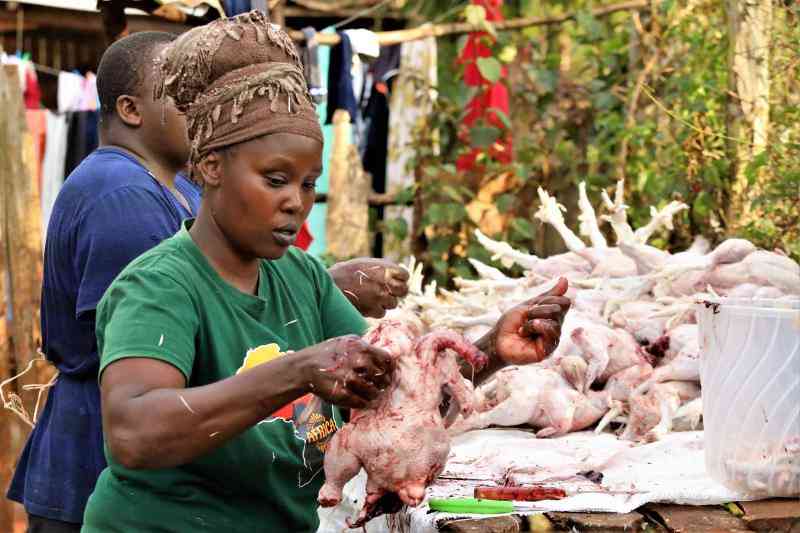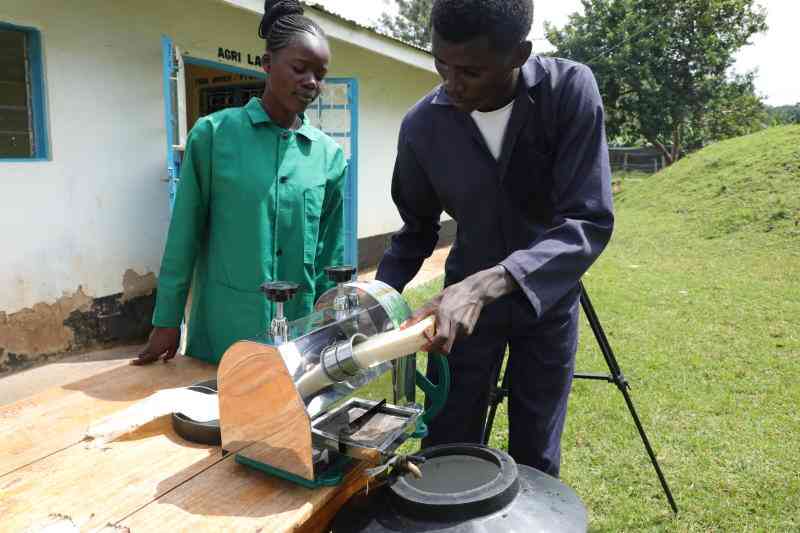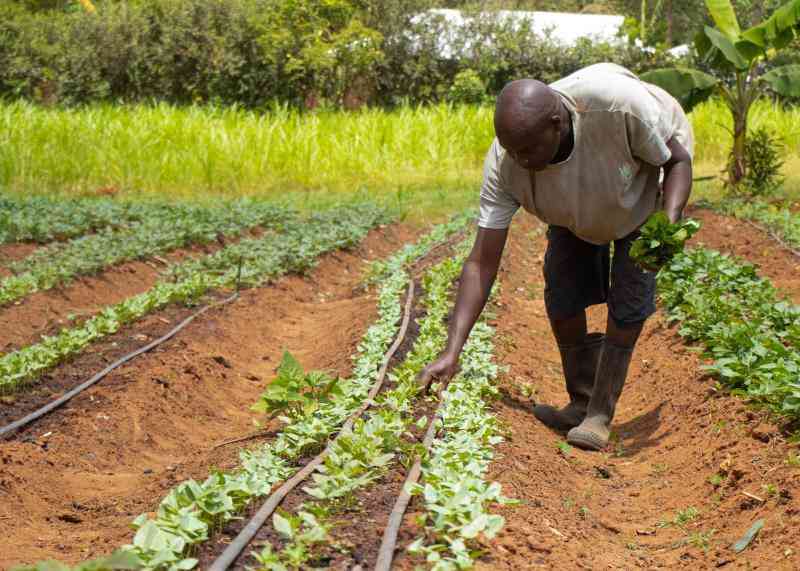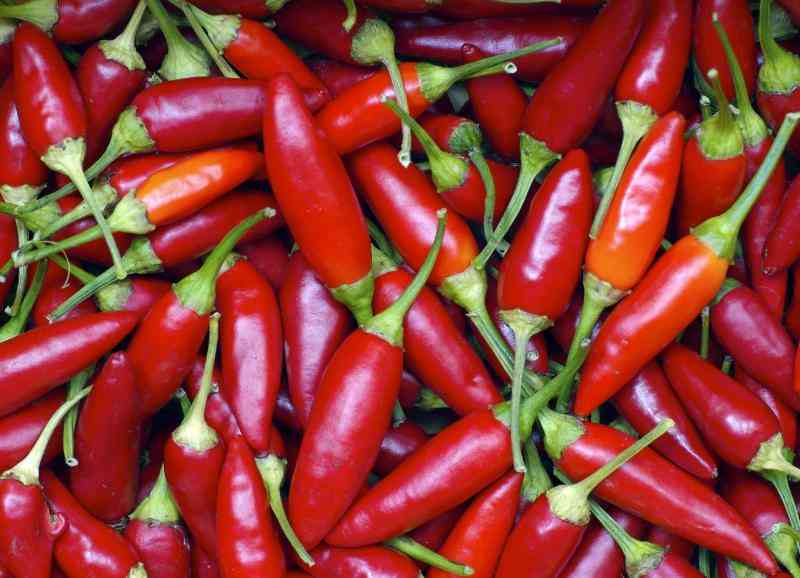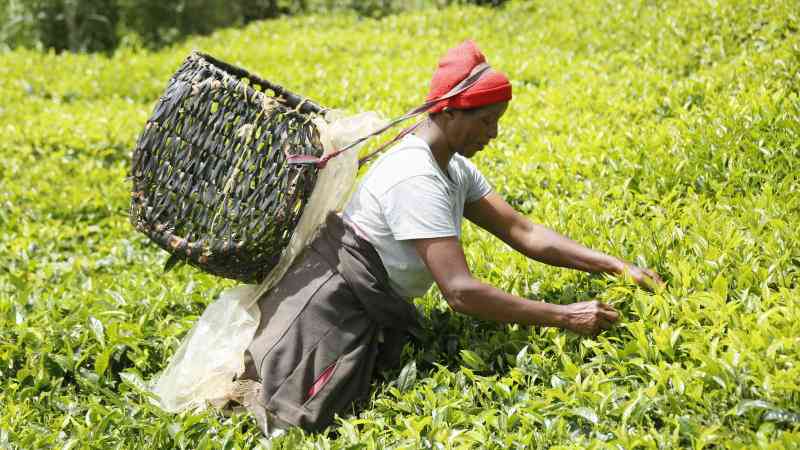How to keep your donkey healthy
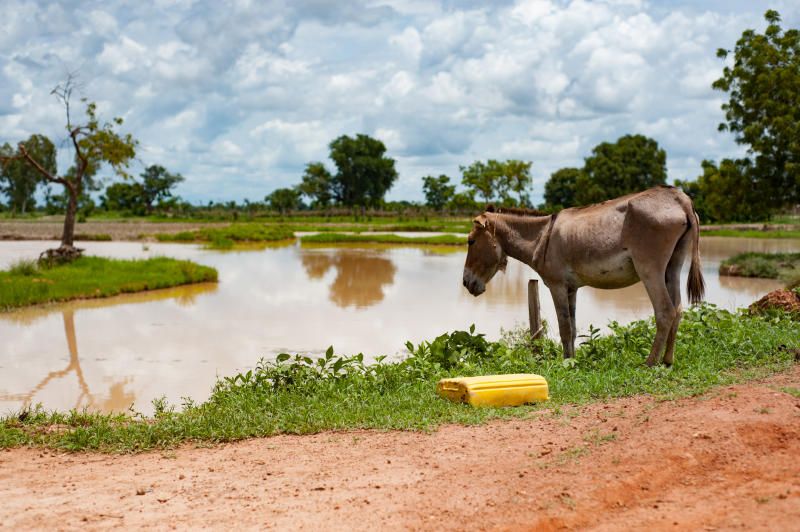
Dear Dr Othieno,
I am a retired teacher who enjoys farming. At the moment I have four Friesian crosses, a number of Zebus and about 10 sheep and a donkey. I have been reading your articles but I have never come across one on donkeys. I would love to give my donkey the best as it helps a lot in running the farm, kindly let me know if there are diseases I need to vaccinate it against?
Mwalimu Antony, Kakamega
Dear Mwalimu Anthony,
This question has come in at a good time as Christians commemorate Easter. When Jesus entered Jerusalem for his final journey in his ministry, he rode on a donkey. Legend has it that the donkey felt so good that at least humanity for the first time was appreciating its role as a beast of burden. Overjoyed by that feeling, the donkey walked the same street the following day hoping for a similar treatment. The donkey’s problems date back in the day.
No milk, no TLC
Many farmers look at dairy and beef animals as the main income earners. Many will most likely forget the donkey because they don’t see the milk neither do they see meat. But donkeys contribute greatly in support of rural livelihoods especially when it comes to transporting farm produce.
Welfare issues
Their nature of work easily exposes them to many health conditions and subsequently welfare problems most of them inflicted by man. It is common for donkey owners to overwork the animals leaving them with very little time to feed or worse offering no food. A donkey is just a sentient being capable of feelings just like you and me.
“Man- made” wounds
The commonest disease condition in donkeys are man-made wounds from poor harnesses, from overloading and brutal whipping. Research shows that the population of donkeyseven before the current challenge of donkey meat and skin trade was on a decline because donkeys aren’t even being given time to breed by their owners. Any wounds should be treated immediately, if the wound is on the neck where the harness passes or on the legs, the donkey should be given a break from its daily duties for the wound to heal. Also, use well designed harnesses to avoid injuries.
Nutritious feeding
Donkeys have the advantage of being efficient converters of feeds and eat relatively little feeds compared to cattle. Donkeys that are fed well are healthier and will work better. Nappier, pastures, rice straw and maize stovers are among feeds that can be given to donkeys. Their daily feed intake is approximated at 15 per cent of its body weight, for example an average donkey weighing 100kgs will need approximately 15kgs of feed. Donkeys are very prone to colic (abdominal pain) and this is exacerbated by lack of water. Other signs of colic include dullness, lack of appetite, rolling and pawing on the ground (this is characteristic of a serious abdominal pain in donkeys requiring urgent attention). Always ensure yourdonkey has access to plenty of water.
Hoof care
Because donkeys are working animals, the hooves bare the greatest stress. Hoof care is therefore an integral part of donkey welfare. Hooves need to be checked and trimmed so that they can equally distribute the weight of the body and the loads they carry.
(Dr Othieno was the Vet of the Year (VOYA) 2016 winner and works with the Kenya Tsetse and Trypanosomiasis Eradication Council – KENTTEC, [email protected])
Want to get latest farming tips and videos?
Join Us
Share this article on social
 The Standard Group Plc is a multi-media organization
with investments in media platforms spanning newspaper print operations,
television, radio broadcasting, digital and online services. The Standard Group
is recognized as a leading multi-media house in Kenya with a key influence in
matters of national and international interest.
The Standard Group Plc is a multi-media organization
with investments in media platforms spanning newspaper print operations,
television, radio broadcasting, digital and online services. The Standard Group
is recognized as a leading multi-media house in Kenya with a key influence in
matters of national and international interest.
 The Standard Group Plc is a multi-media organization
with investments in media platforms spanning newspaper print operations,
television, radio broadcasting, digital and online services. The Standard Group
is recognized as a leading multi-media house in Kenya with a key influence in
matters of national and international interest.
The Standard Group Plc is a multi-media organization
with investments in media platforms spanning newspaper print operations,
television, radio broadcasting, digital and online services. The Standard Group
is recognized as a leading multi-media house in Kenya with a key influence in
matters of national and international interest.


